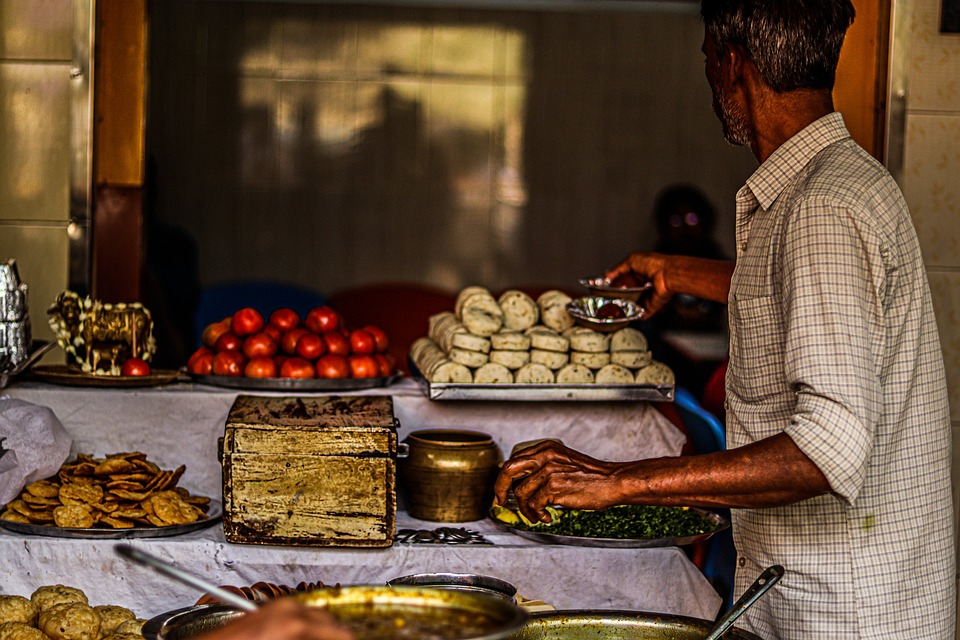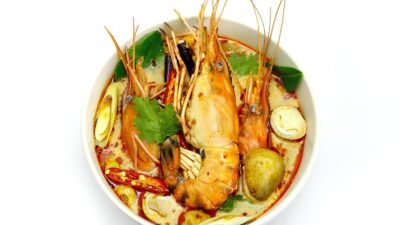The Vegetarian Renaissance: Why Indian Cuisine Is Leading the Way
In recent years, the global culinary landscape has witnessed a remarkable shift towards plant-based eating, heralding what many are calling a vegetarian renaissance. At the forefront of this movement is Indian cuisine, renowned for its rich tapestry of flavors, vibrant colors, and wholesome ingredients. As people increasingly seek sustainable and health-conscious food options, Indian cuisine stands out as a beacon of vegetarian innovation, offering a plethora of dishes that are not only delicious but also diverse and nutritious.
A Historical Perspective
Indian cuisine is rooted in a long-standing tradition of vegetarianism, influenced by a variety of factors, including religious beliefs, cultural practices, and geographical diversity. Hinduism, Jainism, and Buddhism emphasize non-violence and compassion towards all living beings, which has contributed to a historical inclination towards plant-based diets in many regions of India.
Throughout the ages, vegetables, legumes, lentils, and grains have formed the foundation of Indian cooking. With its variety of regional cuisines—each with unique ingredients and cooking methods—India provides a rich canvas for vegetarian dishes, ranging from the creamy North Indian paneer tikka to the spicy South Indian sambar.
Nutritional Powerhouse
One of the key drivers of the vegetarian renaissance is the growing awareness of the health benefits associated with plant-based diets. Indian cuisine, characterized by its use of whole foods, spices, and herbs, offers an array of nutritional benefits. Dishes are often laden with legumes, vegetables, and whole grains, maximizing fiber intake and nutrient density.
The incorporation of spices such as turmeric, ginger, and coriander not only enhances flavor but also provides potent health benefits. Turmeric, for instance, is celebrated for its anti-inflammatory properties, while ginger aids digestion and boosts the immune system. As people worldwide seek to adopt healthier lifestyles, Indian cuisine serves as an incredible resource, brimming with dishes that are both wholesome and enticing.
Sustainability and Ethical Eating
The environmental impact of meat production has come under scrutiny, prompting a global shift toward sustainable eating practices. Indian cuisine, deeply rooted in vegetarianism, aligns perfectly with these ideals. By prioritizing plant-based ingredients, Indian cooking drastically reduces carbon footprints compared to meat-centric diets.
Additionally, a multitude of modern Indian restaurants and chefs are innovating traditional dishes to create sustainable options. From farm-to-table initiatives to innovative takes on beloved classics, Indian cuisine is increasingly responsive to the ethical concerns of today’s diners. This not only meets consumer demand but also invites a deeper appreciation of the culture behind the cuisine.
Global Appeal and Fusion Trends
The globalization of food culture has accelerated interest in Indian cuisine around the world. Once relegated to niche markets, Indian food has taken center stage in culinary dialogues across continents. Modern chefs are experimenting with Indian spices and techniques, foreshadowing a wave of fusion cuisine that marries traditional Indian flavors with different culinary styles.
From curries infused in tacos to dosas served with exotic fillings, the adaptability of Indian vegetarian dishes has captured the imagination of chefs and home cooks alike. Indian cuisine’s emphasis on vibrant flavors makes it a perfect candidate for fusion, enticing even those who might not typically consider vegetarian options.
A Community of Empowerment
Various grassroots movements within India and its diaspora also celebrate vegetarianism. Organizations work to promote vegetarian and vegan options, emphasizing health benefits and environmental sustainability. Online platforms, cookbooks, and food blogs dedicated to Indian vegetarian cooking further enrich the community, sharing knowledge and inspiration for conscious eating.
The rise of social media has played a pivotal role in this renaissance, enabling individuals to connect and share their culinary creations globally. Vegan Indian cooking shows, Instagram feeds filled with colorful bowls of dal, and YouTube channels dedicated to homemade rotis resonate with a younger generation eager to embrace a plant-based lifestyle.
Conclusion
The vegetarian renaissance, led compellingly by Indian cuisine, showcases how rich cultural traditions can meet contemporary needs for health, sustainability, and ethical eating. As more individuals and communities embrace the virtues of plant-based living, Indian cuisine stands as a powerful example of how delicious, diverse, and fulfilling vegetarian food can be. With every aromatic curry and spiced lentil dish, there’s not just a meal, but a celebration of flavors and values that resonate with today’s mindful eaters. In a world increasingly inclined toward vegetarianism, India’s culinary legacy shines brighter than ever.



